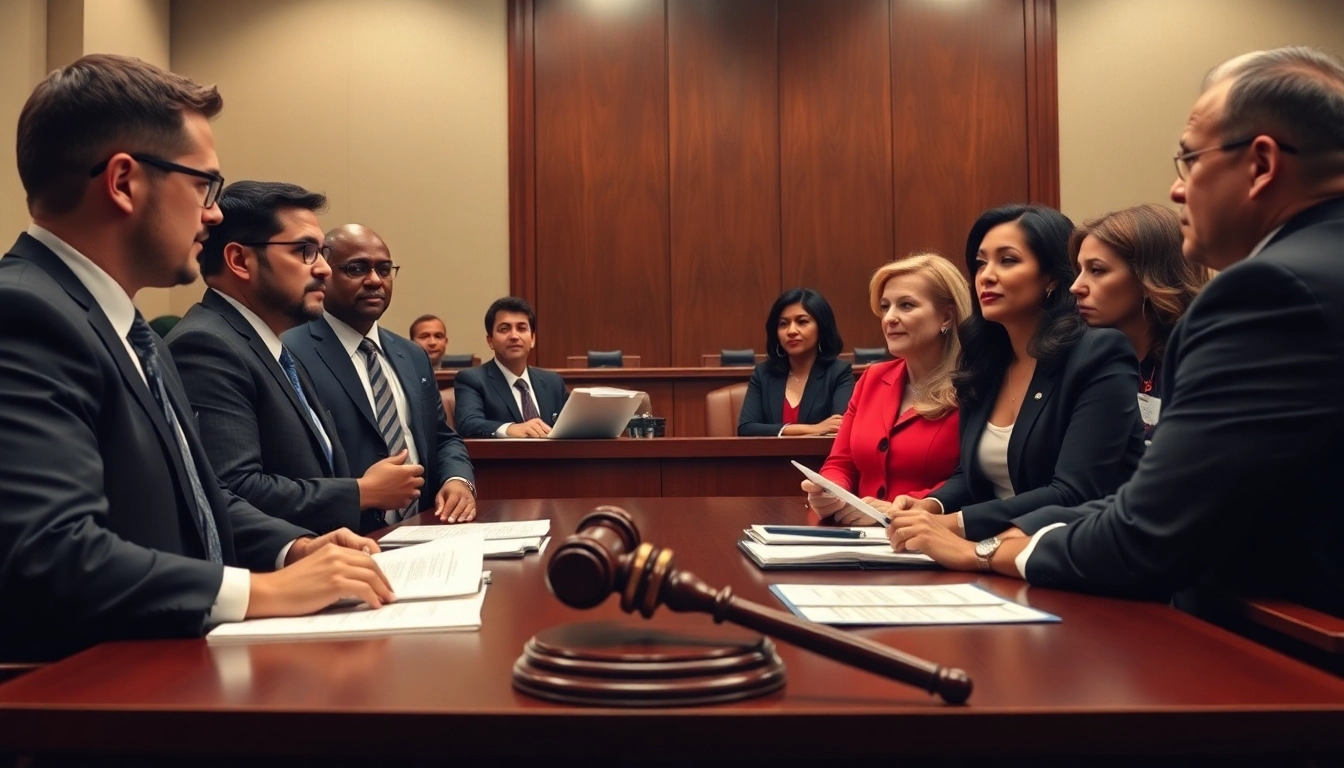Understanding PFAS: What You Need to Know
The Basics of PFAS and Their Dangers
Per- and polyfluoroalkyl substances, commonly known as PFAS, are a group of man-made chemicals that have been widely used in various industries since the 1940s. These substances are known for their water- and grease-resistant properties, making them popular in the production of non-stick cookware, water-repellent fabrics, and food packaging. However, the very qualities that make PFAS attractive for manufacturing also contribute to serious environmental and health concerns. PFAS are often referred to as “forever chemicals” because they do not break down naturally in the environment, leading to significant accumulation in water, soil, and living organisms.
Why PFAS Is a Growing Concern
The risks associated with PFAS have garnered increasing attention from researchers, environmental organizations, and public health advocates over the past decade. As studies continue to reveal the extent of PFAS contamination in drinking water supplies, food systems, and consumer products, concern is rising not only for environmental safety but also for human health. PFAS have been linked to a wide array of health issues, including immune system dysfunction, liver damage, thyroid disorders, and various cancers.
Health Impacts Linked to PFAS Exposure
Recent research has established a concerning connection between PFAS exposure and several adverse health effects. A comprehensive study by the Environmental Protection Agency (EPA) and the Centers for Disease Control and Prevention (CDC) indicates that long-term exposure to elevated levels of PFAS can lead to:
- Increased cholesterol levels
- Developmental issues in fetuses and infants
- Hormonal imbalances
- Increased risk of certain types of cancer
- Decreased vaccine response in children
This systemic health impact illustrates the urgency of addressing PFAS-related issues, particularly for individuals who believe they have been exposed to these hazardous substances through contaminated water or occupational exposure.
Choosing the Right PFAS Lawsuit Attorneys
What to Look for in a PFAS Lawyer
Whether you are seeking compensation for health damages or environmental contamination, choosing the right PFAS lawsuit attorneys is crucial. Here are a few key factors to consider:
- Experience with PFAS Cases: Look for attorneys who specifically focus on environmental law and have a track record of handling PFAS cases. Their familiarity with the nuances of these cases can significantly impact your chances of a successful outcome.
- Reputation: Research the attorney’s reputation through online reviews and testimonials. Feedback from previous clients can give insights into their communication style, professionalism, and commitment.
- Personal Approach: The attorney’s willingness to understand your unique situation and provide personalized legal strategies is essential. A good attorney should demonstrate empathy and attentiveness to your concerns.
Questions to Ask Potential Attorneys
During your initial consultations with potential attorneys, it’s important to ask targeted questions that help you gauge their qualifications. Consider asking:
- What is your experience with PFAS litigation, and how many cases have you successfully settled or won?
- What strategies do you typically employ in PFAS lawsuits?
- How will you communicate with me throughout the process, and how often can I expect updates about my case?
- What fees do you charge, and how do you structure your payment plan?
Evaluating Attorney Experience and Success Rates
Quantitative metrics are valuable tools in evaluating an attorney’s capacity to handle your PFAS case. Investigate their experience by reviewing the following:
- Case History: Request specifics about past PFAS lawsuits they have handled, including case outcomes and settlements.
- Client Testimonials: Look for credible testimonials that can reflect their efficiency and effectiveness on similar cases.
- Professional Affiliations: Membership in relevant legal associations can indicate a commitment to staying updated on PFAS litigation trends and developments.
The PFAS Lawsuit Process Explained
Initial Consultation and Case Evaluation
The process of filing a PFAS lawsuit typically begins with an initial consultation. This meeting serves as an opportunity for you to explain your case and for the attorney to evaluate its viability. During this consultation, you will discuss:
- Your specific exposure to PFAS and any resulting health issues
- The injuries or damages you are claiming
- The circumstances surrounding the contamination, including potential liable parties
Ultimately, the attorney will utilize this information to determine whether they will take on your case or refer you to another legal expert better suited for your needs.
Gathering Evidence for Your PFAS Case
The strength of your PFAS lawsuit will largely depend on the evidence gathered relating to your exposure and resulting harm. Key pieces of evidence include:
- Medical Records: Documented health issues linked to PFAS exposure.
- Environmental Studies: Reports on PFAS levels in your water supply or immediate environment.
- Witness Statements: Testimonies from individuals who are aware of the contamination.
Effective documentation and meticulous evidence collection can enhance your case’s credibility and support your claim for damages.
Negotiation and Settlement vs. Going to Trial
Once sufficient evidence is gathered, your attorney will develop a legal strategy, which could include negotiations for a settlement or proceeding to trial. Many PFAS cases are settled out of court to avoid lengthy legal battles, but opting for trial may be necessary if a fair settlement proves elusive. Factors influencing this decision include:
- The complexity of your case
- The willingness of the opposing party to negotiate
- Your risk tolerance in pursuing litigation
Your attorney will guide you through this decision-making process and ensure you are prepared for either outcome.
Common Challenges in PFAS Litigation
Proving Damages and Health Effects
One of the significant challenges in PFAS litigation is establishing a clear link between exposure to PFAS and health damages. This task requires robust medical evidence and expert testimony to substantiate claims. Attorneys can assist by:
- Connecting you with medical professionals who understand PFAS-related health issues
- Utilizing scientific research that indicates the effects of PFAS exposure
- Compiling comprehensive medical histories to illustrate the impact of exposure
Legal Hurdles and Insurance Issues
Another challenge in PFAS litigation is navigating the complexities of insurance coverage and potential legal defenses raised by responsible parties. Often, entities facing lawsuits may dispute liability based on the arguments of safety standards or the extent of individual exposure. Your attorney’s role includes:
- Identifying all potentially liable parties, which can include manufacturers, suppliers, and corporate entities
- Working to ensure insurance companies fulfill their liability obligations
- Formulating strong legal arguments to counter any defenses posed by the opposition
Understanding Class Action vs. Individual Lawsuits
Deciding whether to pursue a class action lawsuit or an individual lawsuit involves significant considerations. Class action lawsuits are often favored for PFAS litigation when numerous individuals have suffered similar damages due to a common source of contamination. Benefits of class actions include:
- Consolidated resources and support
- Increased efficiency of legal proceedings
- The potential for a large settlement shared among claimants
However, individual lawsuits offer unique advantages, such as personalized representation and the possibility of larger individual awards. Consulting a knowledgeable PFAS attorney can provide clarity on which legal path is most appropriate for your situation.
FAQs About PFAS Lawsuits
How Long Does the PFAS Lawsuit Process Take?
The duration of a PFAS lawsuit can vary significantly based on numerous factors, including the complexity of the case, the volume of evidence, and the willingness of parties to settle. Generally, cases involving PFAS can take anywhere from several months to several years to resolve. Factors that can influence the timeline include:
- The responsiveness of involved parties
- The need for expert testimonies
- Scheduling and court availability
What Kind of Compensation Can I Expect?
Compensation in PFAS lawsuits can vary widely based on the extent of the damages claimed and proven. In many successful cases, plaintiffs may receive compensation for:
- Medical expenses
- Pain and suffering
- Loss of income or earning capacity
- Emotional distress
Your attorney can provide more precise estimates based on the specifics of your case and comparable case outcomes.
How Can I Get in Touch with a PFAS Lawsuit Attorney?
If you believe you have been adversely affected by PFAS exposure, seeking legal advice from qualified PFAS lawsuit attorneys is an essential step. You can find trustworthy attorneys by consulting local law directories, reading online reviews, or seeking recommendations from community organizations. Many attorneys offer free consultations, allowing you to discuss your case without financial commitment.



